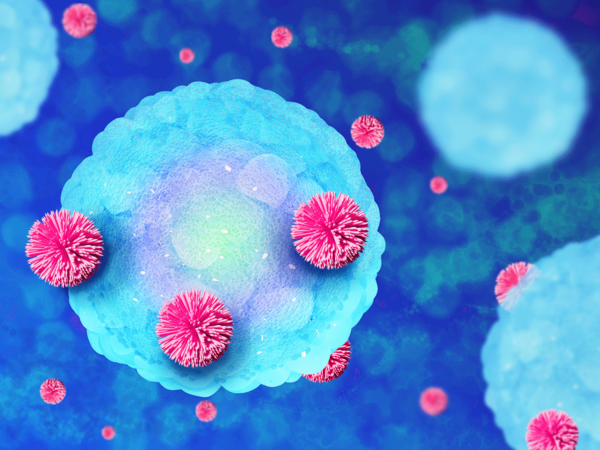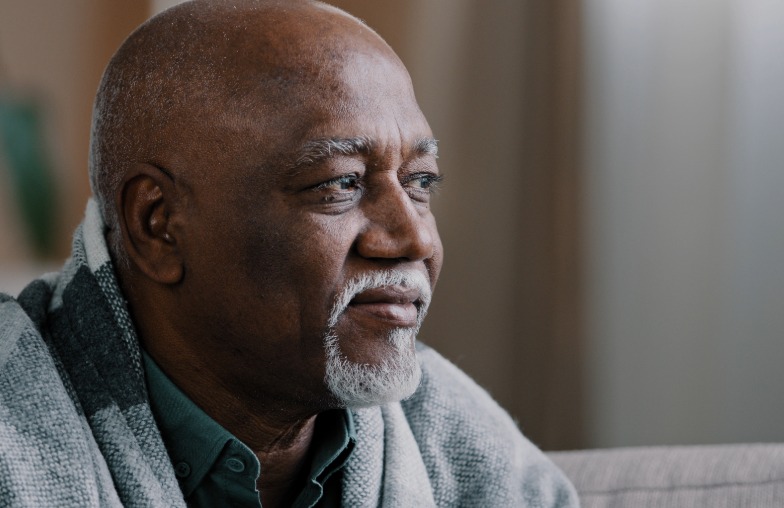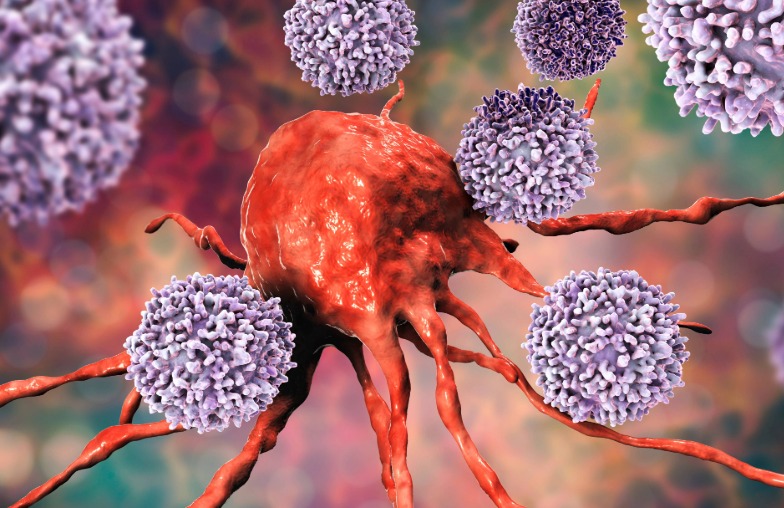Cancer Drug Development and Trends
It is hard to imagine that it has only been two years since the return of in-person events following the pandemic. This year’s American Society of Clinical Oncology (ASCO) conference in Chicago felt like a “classic ASCO.” Around 40,000 attendees, a record 7,000 abstracts submitted, over 5,000 abstracts selected for presentation, and more than 570 exhibitors combined to create an action-packed conference.
The Catalyst Oncology team was thrilled to exhibit at this year’s ASCO. We enjoyed hosting clients and investigators at our booth and announcing our collaboration with Imerman Angels, a nonprofit organization providing personalized cancer support, at a motivational event on National Cancer Survivors Day. All great reminders of our collective actions toward supporting cancer patients and survivors.
In case you were unable to attend this year’s conference or you spent the entire conference in meetings, here are some highlights of potentially practice-changing data from ASCO 2024:
Late-Stage Practice-Changing Results
First drug to beat pembrolizumab head-to-head:
Grabbing headlines leading into the conference was data from a Phase III trial in China for ivonescimab—a PD-1 and VEGF bispecific—marking the first drug to “achieve clinically meaningful benefit over pembrolizumab in a randomized Phase III clinical trial in NSCLC.” Questions about this non-small cell lung cancer (NSCLC) trial remain, as a benefit to progression-free survival (PFS) was all that was shared (overall survival data is still immature).
It makes sense that a bispecific antibody with two targets (effectively pembro and bevacizumab in one drug) would outperform a monospecific PD-1 antibody, and it was enough to drive Summit Therapeutics’ stock up as much as 300% on the day of the announcement. Since regional standards of care may vary and this was a China-only study, a Phase III trial is underway to support U.S. Food and Drug Administration (FDA) approval.
Practice-changer in EGFR+ Stage III NSCLC:
The Phase III LAURA trial was a star of the show, demonstrating potentially practice-changing results in locally advanced, estimated glomerular filtration rate (EGFR)-mutated NSCLC. The newest data for osimertinib, a third-generation EGFR tyrosine kinase inhibitor, received a rare standing ovation after showing a whopping 84% improvement to PFS, moving the needle from a median six months with placebo to 39 months with the drug.
While this trial did not compare EGFR-directed therapy against standard-of-care immunotherapy, it has the potential to continue to position EGFR-targeted therapy earlier in the treatment paradigm where patients may see the greatest benefit.
Median PFS in ALK+ NSCLC still not reached after five years:
Not to be outdone in a year of major results for lung cancer, the Phase III CROWN trial earned big applause at ASCO. This trial studied the third-generation ALK inhibitor lorlatinib head-to-head against crizotinib, the first anaplastic lymphoma kinase (ALK) inhibitor to be approved for ALK+ locally advanced or metastatic lung cancer.
The data was striking, with 60% of patients still alive five years into the study, meaning the median PFS had not yet been reached. This contrasts with the crizotinib group which had a median PFS of 9.1 months. Stopping the progression of lung cancer for years, not months, is amazing, and shows the continued benefits of targeted therapy, specifically the search for better and more potent inhibitors.
Early Phase Preliminary Results
A novel ADC shows potential in relapsed/refractory (r/r) SCLC:
Another promising result in lung cancer, this one riding the antibody drug conjugate (ADC) wave, was in small cell lung cancer (SCLC) which is more aggressive and has a worse prognosis than NSCLC. A first-in-human (FIH) trial, and thus very preliminary results, a SEZ6-targeted ADC showed a 60% overall response rate (ORR) in R/R SCLC. This is a difficult indication to treat, and there were lots of adverse events that will need to be managed, but ADCs continue to show promise in a wide range of solid tumors.
CAR-T starting to show responses in solid tumors:
Chimeric antigen receptor T-cell (CAR-T) therapy continues to be a game changer for patients with certain hematologic malignancies. However, the limelight has dimmed a bit with ongoing manufacturing/availability challenges, the recent FDA boxed warning around secondary lymphomas, and attention shifting to the autoimmune space, which grabbed headlines at this past ASH conference.
Cell therapies in solid tumors face more hurdles given tumor heterogeneity and the tumor microenvironment, are a harder nut to crack given tumor heterogeneity and the tumor microenvironment, but ASCO had a few glimmers of hope with early phase CAR-T results:
- Targeting guanylate cyclase 2C (GUCY2C) in late-stage colorectal cancer, patients showed upward of 50% ORR and 10 months PFS in high-expressers
- Targeting Glypican 3 (GPC3) in liver cancer, patients showed a ~60% ORR, 75% at high-dose levels with a very reasonable toxicity profile, which is typically a hurdle for CAR-T
- Claudin18.2 is a hot target for numerous clinical trials and treatment modalities, and one CAR-T approach at ASCO showed a 45% ORR
Other common themes at this year’s conference included the doubling down on tried-and-true technologies, such as small molecules and ADCs, avoiding investments in niche areas like cellular therapy or radiopharmaceuticals, and continued layoffs and consolidation within large pharma, such as Takeda’s $900M restructuring and Pfizer’s plans post-Seagen acquisition.
These are just a few of the clinical trial highlights from ASCO 2024 that offer hope and depict the great strides we are making in oncology drug development. With so many encouraging results, the future of oncology research is bright as we continue to help bring new therapies to patients.




